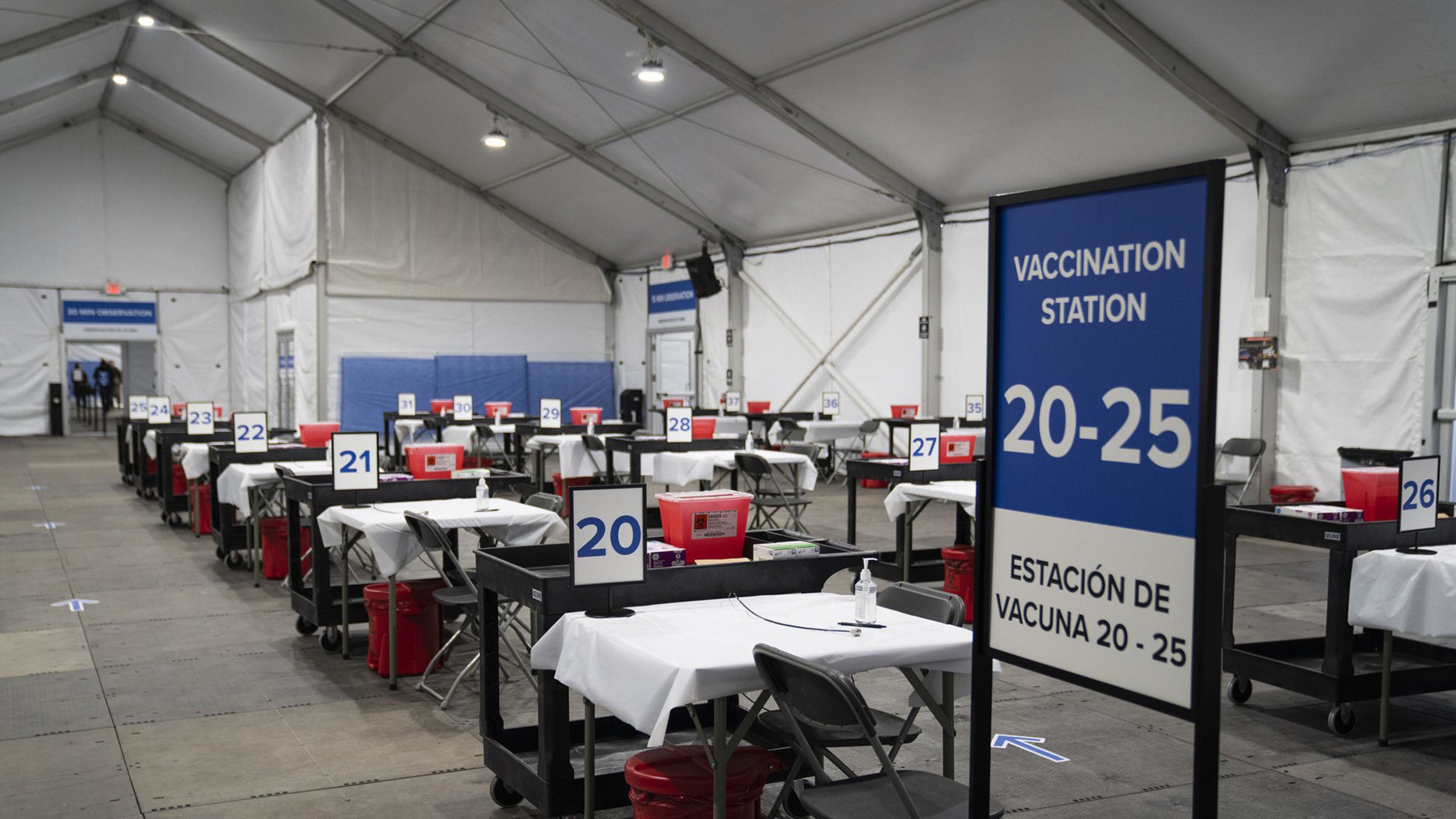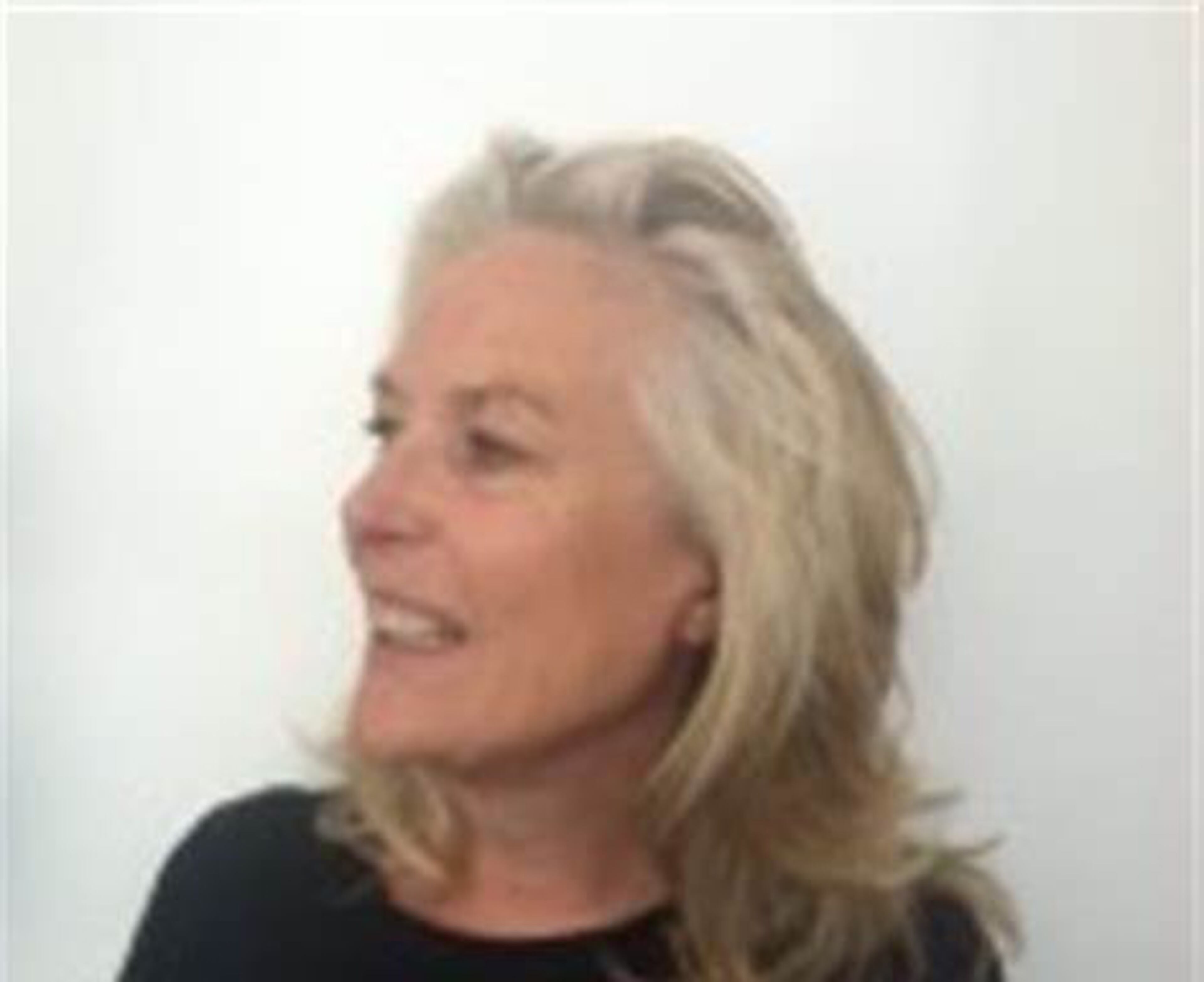Opinion: Vaccination was like a welcome miracle to me

I finally got the vaccine. I didn’t want to tarry because my lungs are clouded by so many scars, that on first view of an X-ray, doctors invariably diagnose me with tuberculosis. To me, the X-ray looks as if my chronic tooth decay has migrated south, but that isn’t the case, either.
The damage results from a disease I picked up from the farm in Virginia where I grew up. Farmer’s lung. I left the farm when I was 13, knowing that it would always live on in my heart. I hadn’t realized it would also lodge permanently in my lungs.
I set out from New Orleans for Monticello, Mississippi and the vaccine, some two-and-a-half hours away. After the strip malls, Po’ Boy shops and chain stores of suburban Metairie, the route thinned into a causeway above a strange and beguiling landscape that was neither earth nor water but clumps of both. Partially submerged piers stuck out of the water like burnt matchsticks. Sometimes, what I took for land turned out to be a tightly bunched grove of muscadine, sawgrass or alligator weed, mimicking solid ground and inviting a spill. The water was the color of a thunderstorm.

Farther out, a few cottages of wind-scoured wood and dented tin roofs perched over docks, and I was reminded that there used to be more houses around here before Katrina, the biggest calamity I thought I’d ever see in my lifetime.
But I wasn’t really thinking about Katrina on the drive. Instead, I mulled over the name of the small Mississippi town where I was headed – Monticello – the name of a famous house not far from the farm where I grew up. I thought about how that house embodied both liberty and oppression and how the friction between the two has caused such damage to the nation’s vital organs. How it still continues to sicken and atrophy American life.
I thought about Thomas Jefferson and the “yeoman farmer” he elevated to a model of civic virtue. I wondered what Jefferson would have made of my encounter at a Mississippi café, during the height of the pandemic, where I came across an unmasked man wearing a John Deere cap. He had just received his coffee and instead of going around a table and thereby ensuring six feet between us, the man took the most direct exit route, which meant passing me at close distance. I held up my hand for “stop”, but unfortunately, he mistook my signal for a friendly wave. A smile broke through his dark beard and he quickened his pace to get nearer faster.
“No, no,” I said. “If you’re not wearing a mask, please keep your distance.”
The smile disappeared into bristle and his face reddened. “You’re making my head explode,” he shouted.
As he did, in fact, look to be on the verge of some type of eruption, I yielded my ground and stepped out of his way. What Jefferson would have thought, I couldn’t imagine. To be clear, I am not a Jefferson scholar nor have I ever visited that Monticello.
Halfway to my destination, a more recent history intruded as I passed the exit for a Lynyrd Skynyrd memorial. For a moment I was confused because the rock group is so heavily associated with Alabama. Then I remembered that the fatal plane crash had taken place in Mississippi. I only know one song of theirs, “Sweet Home Alabama,” written in response to Neil Young’s “Southern Man,” which accused the South of racism. Both songs are terrible, but Skynyrd, at least to my mind, is worse. An immediate radio station changer.
The countryside now turned impenetrable and wild. Thickets of beech trees, cypress, pines and oaks swept across the land. I turned on the exit recommended by the vaccine site, reluctantly abandoning MapQuest’s instructions to make a U-turn and take the previous exit.
I found myself on a narrow backroad, passing small farms where dogs barked from porches and where, although the election was over, Trump signs were as plentiful as For Sale. A cardboard sign tacked to a pine tree had the words: “COVID VACCINE” written across it in red that might have been lipstick or magic marker.
An arrow pointed the way to a series of tents that brought to mind a revival gospel meeting. It was here that the high-tech vaccine, concocted by some of the most brilliant minds of the century, converged with earnest, plain-faced country volunteers to create a 21st-century miracle.
In reassuring and hushed voices, as if we were indeed inside a church, they took my name and date of birth, then pierced my arm to save my life, or at least my lungs.
Tears came to my eyes as I pulled over for the requisite 15 minutes to make sure I had no adverse effects. Then I drove the two-and-a-half hours home, profoundly grateful and moved.
Melissa Phipps lives in New Orleans with her husband and two dogs. She’s a graduate of Barnard College and the MFA writing program at Columbia University.


